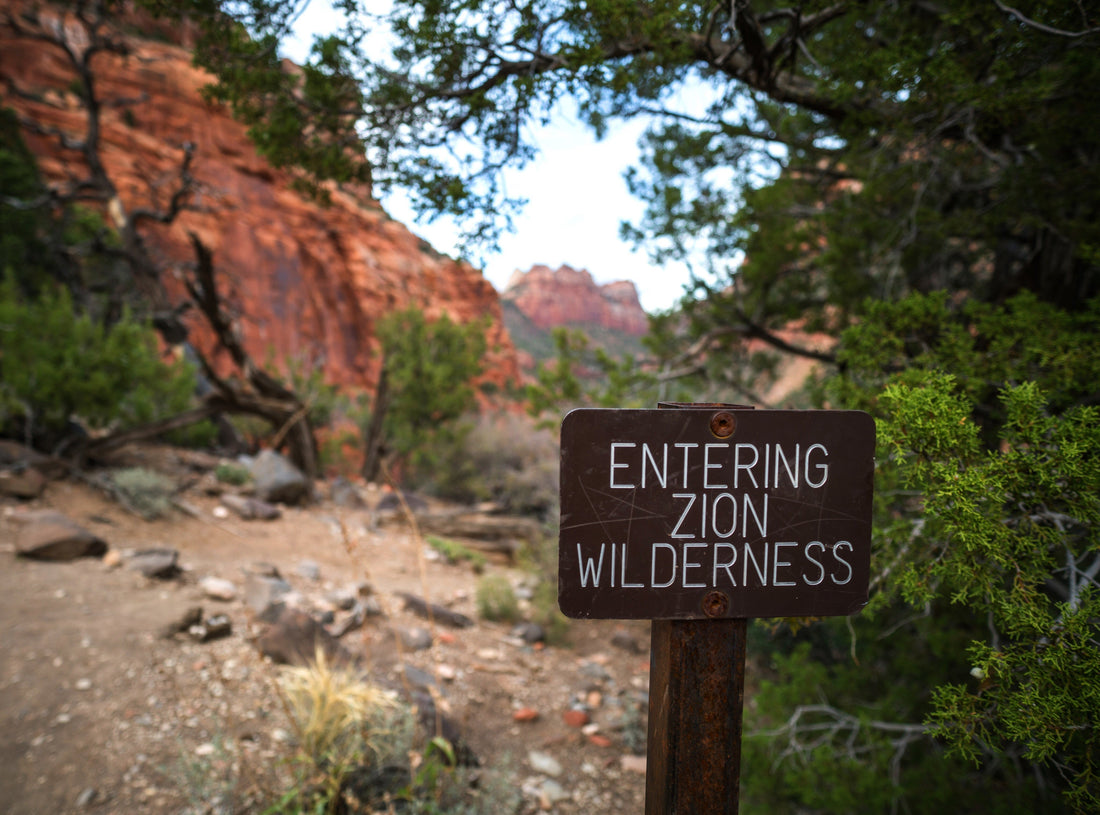
More Than Just Scenery: Why Preserving Our National Parks Matters
Share
Our national parks. The very phrase evokes images of majestic mountains, sprawling forests, and breathtaking canyons. These natural wonders are more than just picturesque backdrops for vacation photos; they are the heart of our nation's natural and cultural heritage, deserving of our unwavering protection.
From the towering redwoods of California to the vibrant coral reefs of the Virgin Islands, our national parks represent a diverse tapestry of ecosystems and landscapes. They are living museums, showcasing the incredible beauty and complexity of the natural world. But beyond their aesthetic appeal, these parks play a crucial role in the health and well-being of our nation.
Ecosystem Services: Nature's Essential Gifts
Our national parks are vital for maintaining ecological balance. They provide essential ecosystem services, including:
- Clean air and water: Forests act as natural filters, purifying air and water. Watersheds within park boundaries supply drinking water to millions of people.
- Carbon sequestration: Forests and other natural areas absorb vast amounts of carbon dioxide, mitigating the effects of climate change.
- Habitat for wildlife: Parks provide crucial habitats for countless species, including endangered and threatened animals. They are refuges for biodiversity.
- Pollination and soil health: Healthy ecosystems within parks support pollinators and maintain soil fertility, which are essential for agriculture.
Cultural and Historical Significance: Our Shared Heritage
National parks are also repositories of our nation's history and culture. They preserve:
- Indigenous cultural sites: Many parks contain sacred sites and ancestral lands of Native American tribes, highlighting the deep connection between indigenous peoples and the land.
- Historical landmarks: Battlefields, monuments, and historic buildings within parks tell the stories of our nation's past.
- Natural archives: Geological formations and paleontological sites provide insights into the Earth's history and the evolution of life.
Economic Benefits: Investing in Our Future
National parks are not just an expense; they are an investment. They generate significant economic benefits through:
- Tourism: Millions of people visit national parks each year, contributing billions of dollars to local economies.
- Outdoor recreation: Hiking, camping, fishing, and other recreational activities support a thriving outdoor industry.
- Scientific research: Parks serve as natural laboratories for scientists studying everything from climate change to wildlife behavior.
The Threats We Face: A Call to Action
Despite their importance, our national parks face numerous threats, including:
- Climate change: Rising temperatures, wildfires, and extreme weather events are impacting park ecosystems.
- Pollution: Air and water pollution from nearby urban areas and industrial activities are degrading park resources.
- Invasive species: Non-native plants and animals are disrupting native ecosystems.
- Overcrowding: Increased visitation can lead to erosion, habitat destruction, and stress on park resources.
- Insufficient funding: Parks require adequate funding for maintenance, restoration, and protection.
What Can We Do?
Preserving our national parks requires a collective effort. We can all play a role by:
- Supporting park funding: Advocate for increased funding for national parks through government initiatives and donations.
- Practicing responsible recreation: Follow park rules, minimize our impact, and leave no trace.
- Educating ourselves and others: Learn about the importance of national parks and share that knowledge with others.
- Volunteering: Participate in park restoration and maintenance projects.
- Reducing our carbon footprint: Take steps to reduce our impact on climate change.
- Supporting organizations dedicated to preserving parks: Many organizations work tirelessly to protect our national parks.
Our national parks are a treasure, a legacy that we must protect for future generations. They are not just scenic vistas; they are vital components of our nation's ecological, cultural, and economic well-being. By working together, we can ensure that these natural wonders continue to inspire and enrich our lives for centuries to come.
